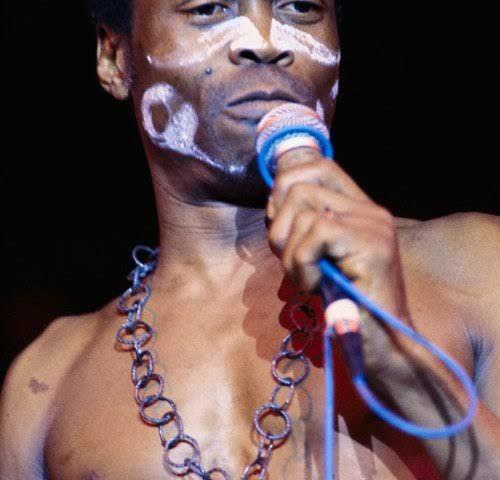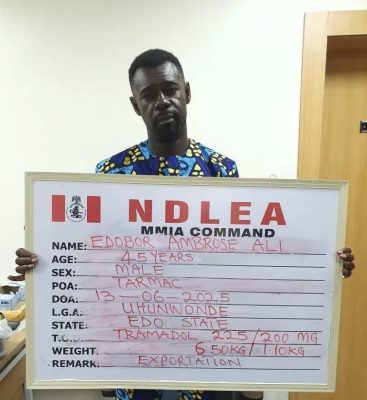
Femi Kuti Challenges Grammy’s Narrative on Afrobeat’s Origins
Afrobeat royalty Femi Kuti , son of the legendary Fela Kuti , has publicly refuted claims that late drummer Tony Allen co-created the iconic Afrobeat genre. The controversy resurfaced after the Recording Academy (The Grammys) credited Allen as a co-founder of Afrobeat, acknowledging his influential work with Fela during the 1960s and ’70s.
While Allen, who passed away in 2020 at the age of 79, is celebrated for his powerful drumming with Fela’s Africa ’70 band , Femi insists that his father was the sole visionary behind the genre. In a now-viral video, Femi passionately defended Fela’s legacy, asserting that every element of Afrobeat — including its signature drum patterns — originated from Fela himself.
Femi’s Defense of Fela’s Legacy
In the video, Femi emphasized that Fela was the mastermind behind Afrobeat, composing every aspect of the genre.
“My father was the composer. He studied music. He knew every single part of the instrumentation,” Femi stated. “You probably heard people say Fela once claimed, ‘Without Tony Allen, I am nothing.’ That is the biggest — excuse me — bullshit ever said of my father. That’s a lie. They decided to sell Tony Allen.”
Femi described Fela’s meticulous creative process, which he says was a deeply personal and solitary journey. According to Femi, Fela would spend weeks shaping a song and months refining it before recording.
“When Fela arrived at rehearsal, everything stopped. It was silence — complete reverence. He went into a kind of trance. Then he’d begin building the song: drums, guitars, percussion, bass, horns — step by step.”
Femi insists that Fela taught Tony Allen his drumming style, and every drum pattern originated from Fela.
“Fela taught Tony his drumming style. Every drum pattern came from Fela,” Femi said. “I was there. I saw it.”
The False Narrative Around Afrobeat’s Creation
Femi accused Allen’s management and some international media outlets of distorting Afrobeat’s history by promoting a co-creative relationship that never existed.
“There’s a false narrative being pushed, and if we don’t speak up, the truth gets buried,” he said. “There was even a journalist in America who suggested I was jealous of Tony Allen. I’m not. I loved Tony. But his team has been lying. I’m simply correcting the record.”
Femi emphasized his responsibility to protect Afrobeat’s origins for future generations.
“If we don’t teach the youth the truth, we rewrite history. So, I ask — show me the proof. Don’t say ‘Fela said.’ Show me the magazine, the interview, the recording. Where is it? It’s been five years, and I’m still waiting.”
Why This Debate Matters
The debate over Afrobeat’s origins highlights the importance of accurately preserving cultural legacies. While Tony Allen’s contributions to Afrobeat are undeniable, Femi argues that crediting him as a co-creator undermines Fela’s role as the genre’s sole architect.
This controversy also raises questions about how global institutions like the Grammys interpret and represent African music history. For Femi, setting the record straight is not just about honoring his father’s legacy but also ensuring that Afrobeat’s true story is passed down authentically.
Call to Action
Stay informed about the ongoing debate surrounding Afrobeat’s origins and the efforts to preserve its legacy. Follow us for updates on African music, culture, and history.
👉 Subscribe Now | Follow Us | Share This Story










